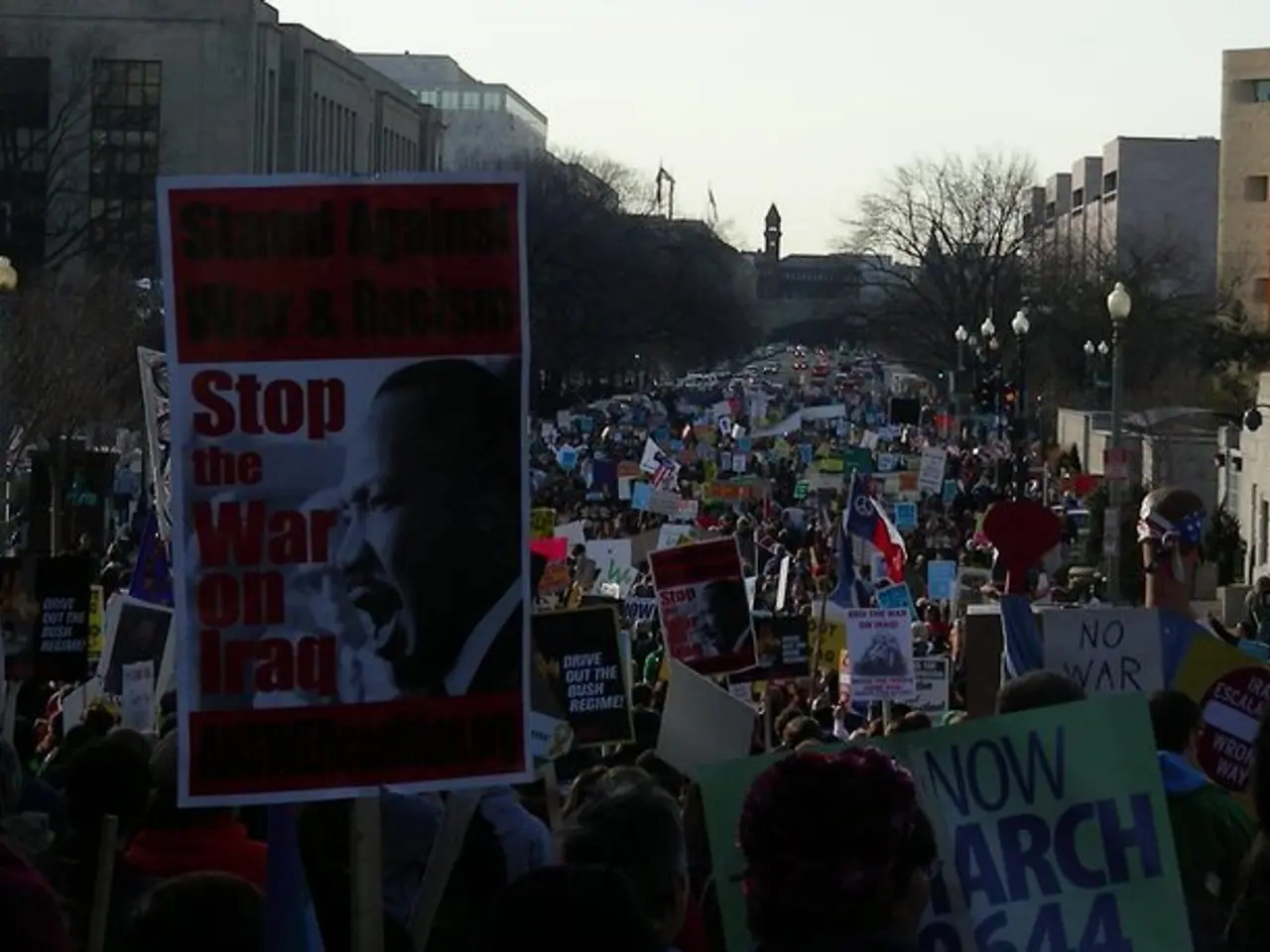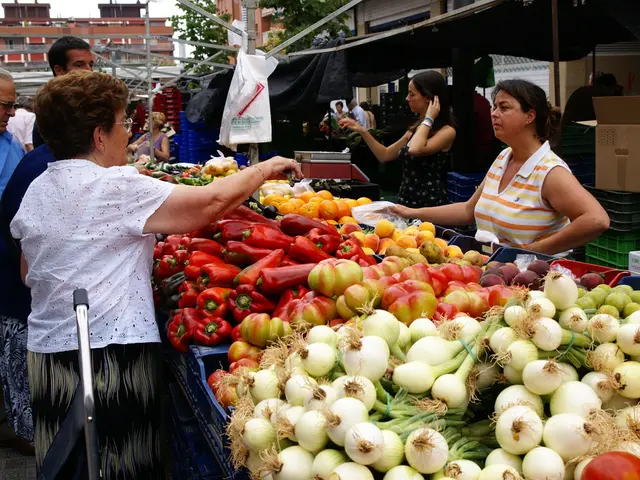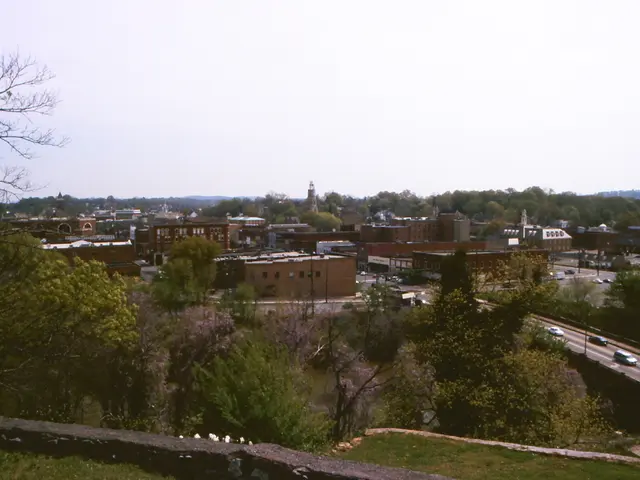Belarus Protests: Assessing the Changes Over the Past 5 Years
In August 2020, the largest protests in Belarus' history erupted, sparked by the rigged presidential election that legitimised the rule of Alexander Lukashenko. The demonstrations, which saw participation from a diverse range of people including women, students, workers, actors, athletes, diplomats, doctors, and teachers, marked a significant moment in the country's political landscape.
The protests were met with a wave of violence from the country's security forces, resulting in many injuries and deaths. Over 65,000 people were jailed, and numerous reports of torture surfaced. Despite the brutal suppression, the opposition continued its efforts, emphasising the need for ongoing international support.
The regime, however, has not been held accountable for human rights abuses. Political prisoners have died in custody, and human rights organisations documenting torture have been labeled “extremist formations” by the government. Belarus has become more closely allied with Russia, supporting its invasion of Ukraine and hosting Russian military bases, which has worsened international isolation.
Independent media faces severe repression, contributing to Belarus ranking near the bottom in press freedom and political rights within Europe. Hundreds of thousands of Belarusians fled the country or remain in fear of arrest, leaving civil society severely weakened domestically.
One of the key figures of the opposition is Sviatlana Tsikhanouskaya, a then-housewife who ran for presidency and was forced into exile in Lithuania. Another is Viktor Babaryka, a banker and philanthropist, who is serving a 14-year prison sentence. Siarhei Tsikhanouski, a Belarusian opposition activist, was recently released from custody in June.
Ales Bialiatski, a human rights activist and the only Nobel Prize laureate in the world currently working in a penal colony, has seen his health deteriorate with problems with his eyesight and legs. Maria Kolesnikova, a musician-turned activist, was sentenced to 11 years in prison in 2021.
In a bid to ease tensions, Lukashenko is prepared to release several thousand political prisoners in exchange for concessions from the West. Artyom Shraibman suggests the West could negotiate more actively for the release of political prisoners and offer Lukashenko concessions in terms of his reputation and diplomacy.
The lasting changes from the 2020 protests in Belarus include the emergence of a sustained opposition movement operating largely in exile, ongoing repression and crackdown by Lukashenka’s regime, and Belarus becoming increasingly isolated and aligned with Russia under escalating authoritarian control. Despite these challenges, the Belarusian democratic movement continues its struggle for freedom, emphasising the need for ongoing international support.
[1] BBC News. (2021, February 18). Belarus protests: What happened, who was involved and why does it matter? Retrieved from https://www.bbc.com/news/world-europe-55946960 [2] Human Rights Watch. (2021). Belarus: One Year After Election, Crackdown Continues. Retrieved from https://www.hrw.org/news/2021/08/09/belarus-one-year-after-election-crackdown-continues [3] Amnesty International. (2021). Belarus: One year on, crackdown on dissent continues. Retrieved from https://www.amnesty.org/en/latest/news/2021/08/belarus-one-year-on-crackdown-on-dissent-continues/ [4] Reporters Without Borders. (2021). Belarus. Retrieved from https://rsf.org/en/belarus [5] Freedom House. (2021). Belarus. Retrieved from https://freedomhouse.org/country/belarus/freedom-world/2021
- In the face of severe repression and human rights abuses, the opposition in Belarus continues to seek international support, with figures like Sviatlana Tsikhanouskaya and Viktor Babaryka advocating for democratization in the country.
- Despite the ongoing crackdown by the Belarusian government, independent media outlets and human rights organizations have not ceased documenting the violations, raising awareness about the situation and its implications on the broader world stage.
- As Belarus becomes more aligned with Russia, its political and social landscape is shifting significantly, leading to migration and an exodus of Belarusians seeking refuge in Asia, Europe, and other parts of the world.
- The demonstrations in Belarus in August 2020, spurred by a rigged election, marked a crucial moment in the region's history, with repercussions felt across global media, politics, and the general news sphere.
- In their efforts to combat the escalating authoritarianism in Belarus, analysts have proposed a more active approach by the West, which could involve negotiating for the release of political prisoners and offering concessions to improve Lukashenko's reputation and diplomatic standing in the world.







